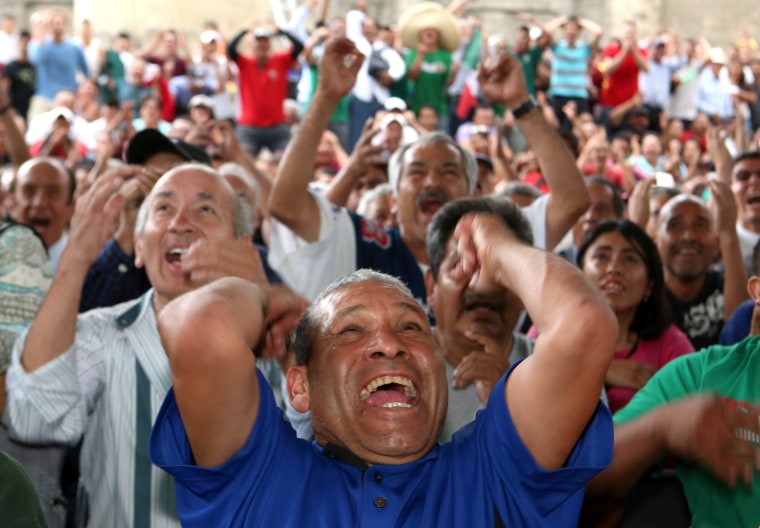MEXICO CITY, MEXICO -- Fans are still celebrating Mexico's stunning performance at the World Cup, but more than any of the team's players, it is coach Miguel "el Piojo" Herrera who has grabbed the fans' attention with his unbridled happiness and angry expressions which clash comically with his suit and tie.
Yet what the coach of the Tri - as the Mexican team is called for the country's tri-colored flag - has accomplished is something that just weeks ago seemed unthinkable: he has made a team of Mexican players considered the worst in generations suddenly believe in themselves. As Mexico enters the next phase in the competition when it plays Holland on Sunday, few doubt it is thanks to el Piojo, with his ability to impart optimism and self assurance to the players.
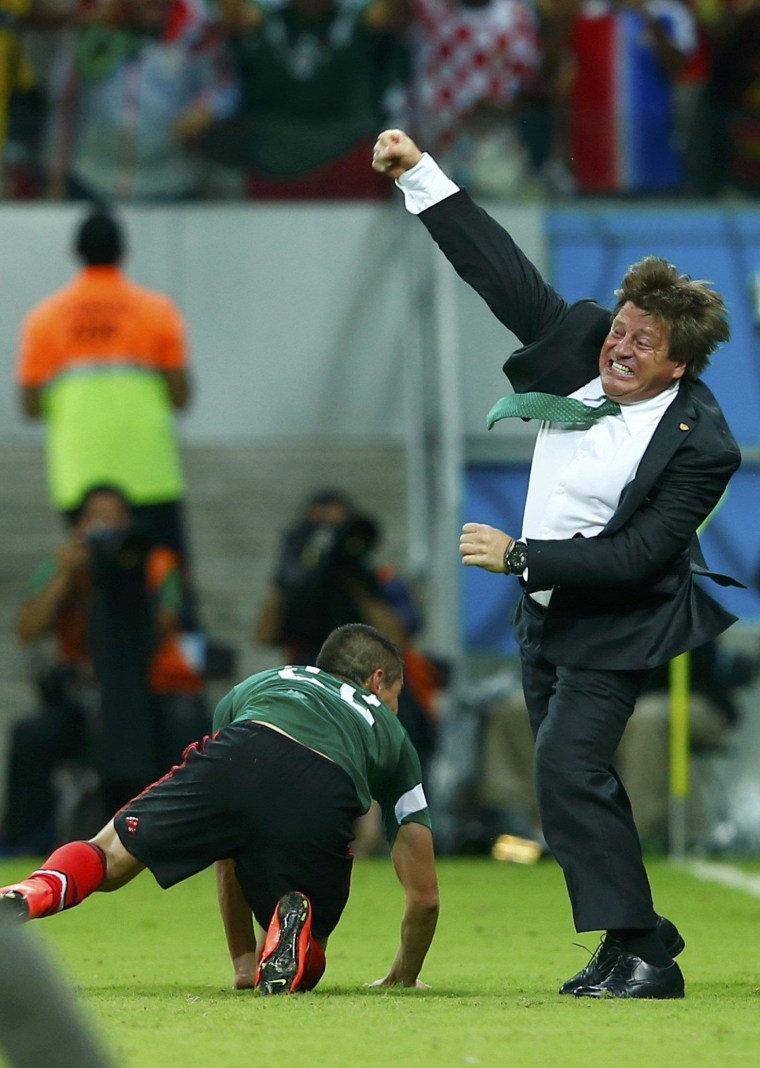
Mexico is not the only Latin American success story. Chile, Colombia, Uruguay, Costa Rica, Argentina and Brazil have had outstanding performances in the 2014 World Cup, leading many commentators to remark that this is the ‘“Latin-American Moment”. Never in World Cup history have there been so many Latin-American teams in the fight for places of privilege in international soccer.
It almost seems that international doubts about Brazil's ability to hold the World Cup ahead of the games prompted its neighbors to rise to the challenge in the games. Brazil has been a good host, and Latin America has demonstrated its soccer maturity. Even if Europe still has the best and richest international soccer leagues, Latin America has nothing to envy at the level of national teams.
Who would have thought for example, that Chile, whose last respectable World Cup participation was in 1962, would decimate Spain, the previous world champion? Or that Costa Rica, the so-called “Cinderella” among the supposed “Groups of Death” would go on to the next phase, leaving behind soccer powers such as Italy and England? How about the fact that Colombia, which had not been to the World Coup since 1998, would win its first three games?
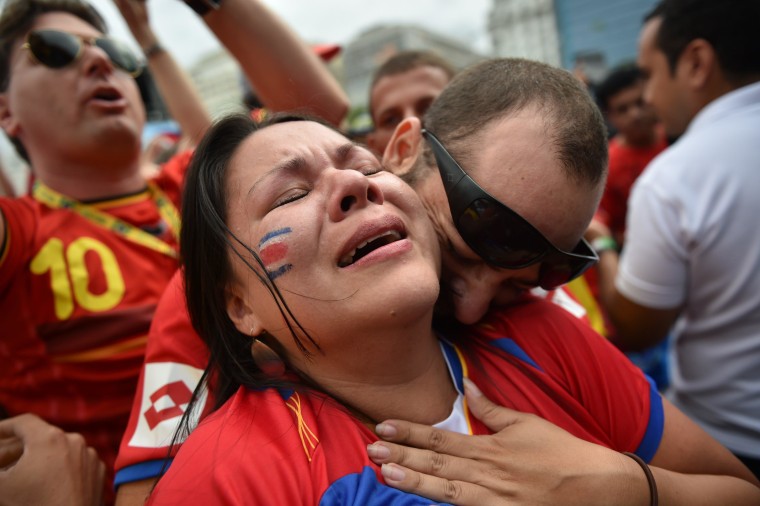
There is excitement in the air, and massive streets celebrations in Santiago, Chile, Mexico City, Bogota or San Jose, Costa Rica. It’s not only that soccer is the national sport in all these countries, as it is in the traditional South American powerhouses of Brazil, Argentina and Uruguay, but it’s the first occasion in a long time —maybe in history— that the majority of Latin American countries participating in a World Coup perform on par with the big European teams.
I am reminded of a saying by the famous Argentinian soccer coach Cesar Menotti: in the World Cup, most teams are just participants and only a few are “protagonistas”. These Latin-American teams are just that now —protagonists.
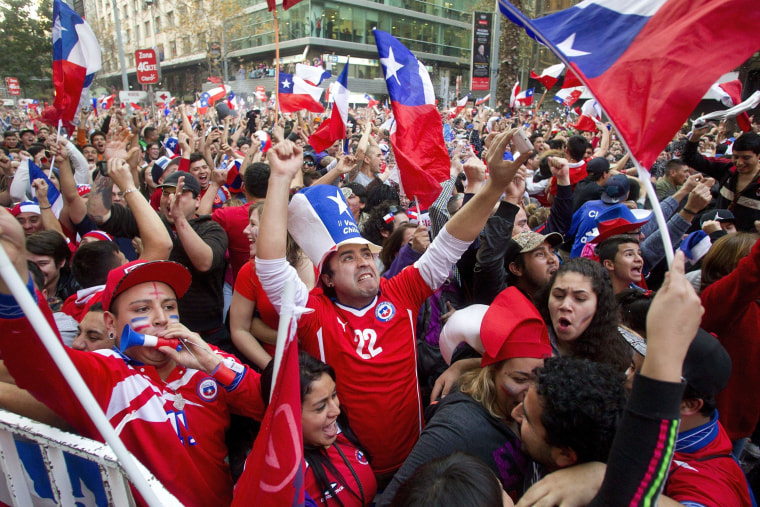
In the case of Herrera, his showmanship is not just anecdotal; it is of immense value in motivating his players. The other coaches for Latin American teams certainly are less expressive and noisy, though equally successful. Notably, three of them —the ones from Colombia, Costa Rica and Chile— are "foreigners" from other Latin American countries.
Colombia’s coach is Argentinian Jose Pékerman, a sober, veteran coach who won many trophies with young national teams in his country and who was Argentina’s coach during the 2006 World Cup. It’s the first time in thirty years that a foreigner is in charge of Colombia’s national team.
Even if Europe still has the best and richest international soccer leagues, Latin America has nothing to envy at the level of national teams.
The one coaching Costa Rica is Jorge Pinto, a Colombian with a reputation for being a strict disciplinarian, who literally has taken the Ticos from nowhere in Central American soccer to this surprising and high quality performance. Chile 's coach is the Argentinian Jorge Sampaoli, a relative unknown in international soccer who had never even worked with first division teams in his country.
There is not a single reason that explains the success of the majority of the Latin American teams in the World Coup. Maybe the main one is the fact that every year more Latin American players participate in the European Leagues. This has challenged individual players and raised the skill level, though it has had negative consequences for local leagues such as Mexico's, where Herrera was the America coach -they are weak and don’t provide enough competition.
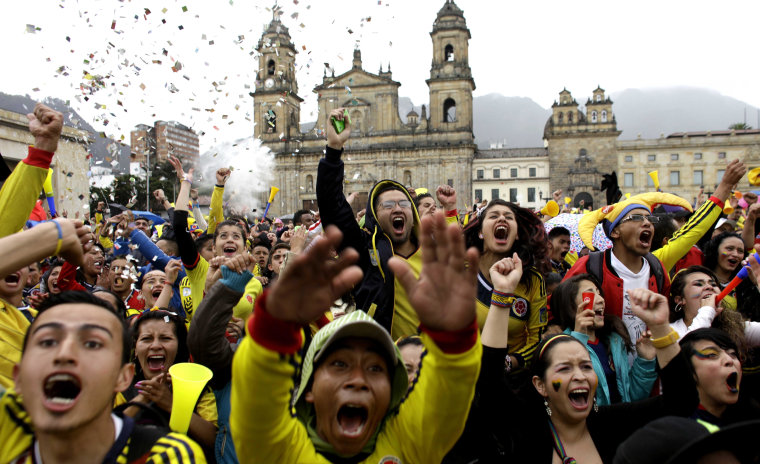
Thanks to international television coverage, it also the case that the average fan often knows more about the in and outs of Manchester United, Barcelona or Real Madrid than what happens with the local teams. The main contribution of Herrera and the other coaches has been to incorporate those skilled and experienced European-based players into the national teams competing in Brazil.
For now, the great Latin American spectacle continues. There's not only more great soccer —from the likes of Neymar, James and Messi, but also from the more humble Tri that, before this tournament, nobody believed in but El Piojo.
If the Tri wins another match, we’ll see more of Herrera: happiness, madness, a lunge into the grass on top of one his players. And of course, sadness if they lose.
For now, we have truly enjoyed a "Latin American Moment." And though the coach is never supposed to be the star, we can all agree Herrera is the exception.
